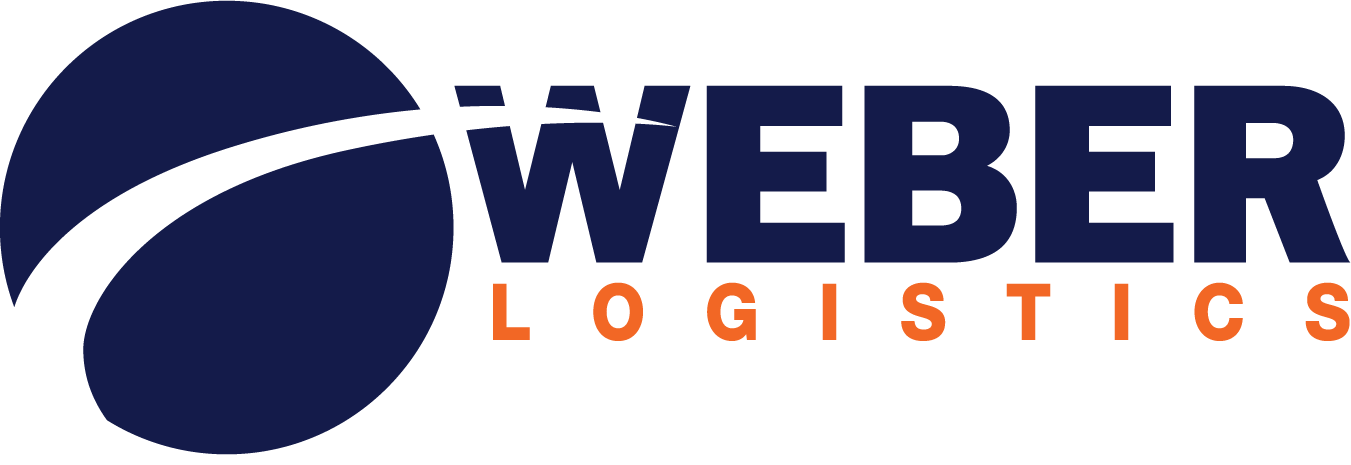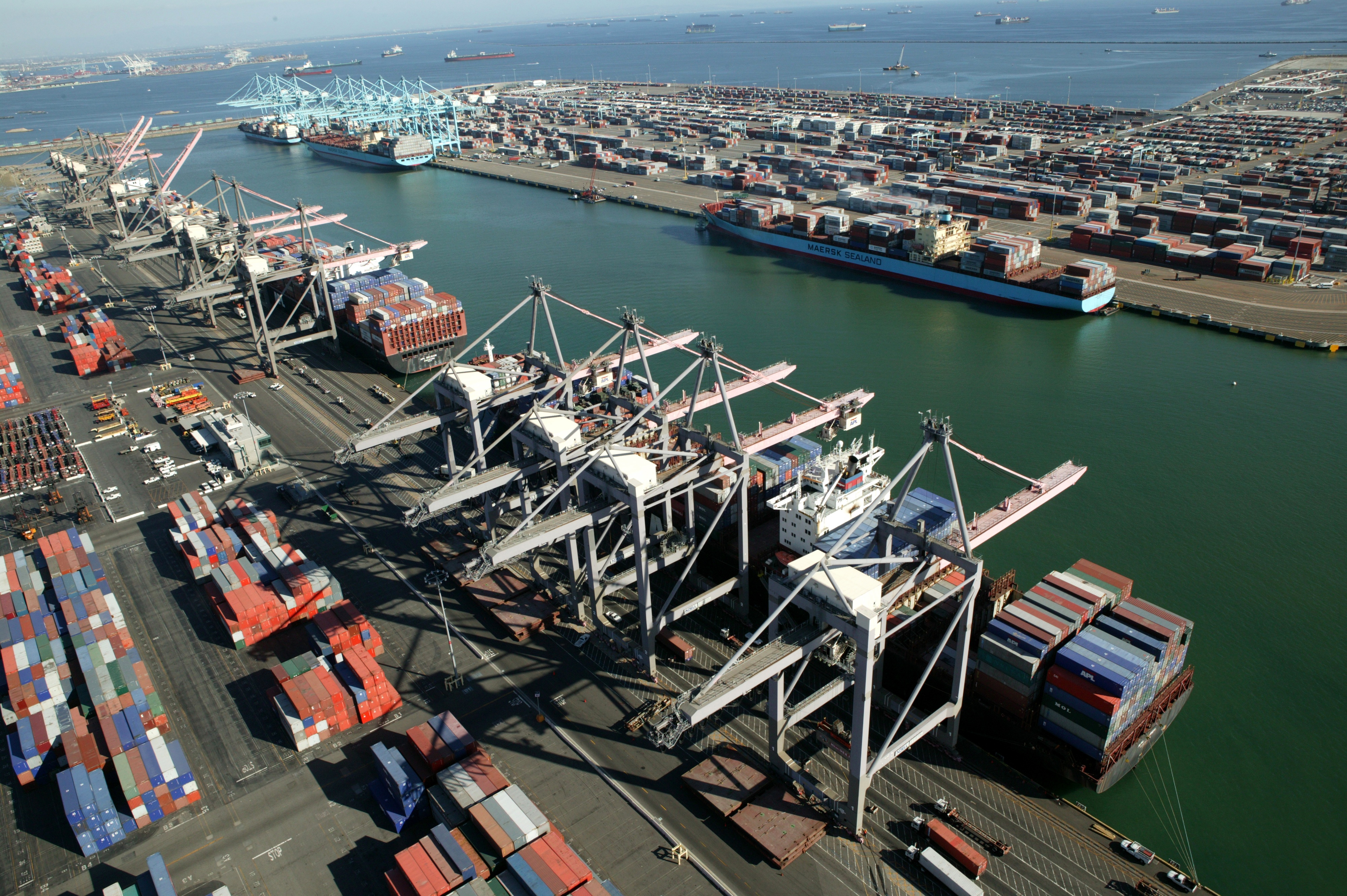Warehousing for food and beverage products entails much more than simple storage. These facilities perform critical supply chain steps that keep products safe and preserve their integrity as they make their way to your customers. In this article, we identify five key abilities to look for in food logistics companies that handle warehouse distribution for your products.
5 abilities you want in a food logistics provider
1.Enhanced Traceability and Recall Readiness
 Your 3PL’s warehouse management system (WMS) must provide traceability of your products in real time. This includes lot control to manage the inventory based on production and expiration dates, ensuring that the oldest products (following the First-In, First-Out, or FIFO, system) are sold first. This capability is essential for preventing scenarios where customers receive outdated products instead of fresh ones.
Your 3PL’s warehouse management system (WMS) must provide traceability of your products in real time. This includes lot control to manage the inventory based on production and expiration dates, ensuring that the oldest products (following the First-In, First-Out, or FIFO, system) are sold first. This capability is essential for preventing scenarios where customers receive outdated products instead of fresh ones.
This traceability is vital in the event of a recall, as the WMS can identify products by batch or lot number no matter where they are (e.g., inbound, outbound, or in the warehouse) and then help to secure and quarantine them while notifying the manufacturer. And, speaking of recalls, the best 3PLs use their WMS systems to conduct mock recalls a few times a year to prepare in case a real recall should occur.
2. Strict Compliance and Daily Quality Inspections
The Food Safety Modernization Act (FSMA) focuses on the prevention of foodborne illness and holds shippers largely responsible for defining what constitutes safe practices for food handling and transportation. These practices must be clearly defined in a Food Safety Plan. Adherence to this is an important responsibility of all members of the food supply chain – including the food logistics companies you work with.
Depending on the location of warehouse operations, there may be state and local regulations in addition to federal. Your company will also likely have its own standards that your 3PL must comply with.
It is therefore imperative that this commitment to food safety is part of your 3PL’s culture. At Weber Logistics, for example, there is a dedicated internal compliance team that is responsible for overseeing daily quality inspections, mock recalls, and internal audits (Safety-Security-Sanitation audits, also called “Triple S audits”).
3. Certification and Specialized Handling
Some food logistics companies go the extra mile beyond basic compliance and obtain certifications from key food-industry entities like AIB International.
“AIB” is short for the American Institute of Baking, now known as AIB International. AIB has become one of the world’s foremost providers of training and certification programs related to food safety, quality management, process optimization, and avoidance of recalls. AIB’s “Consolidated Standards for Inspection” represent requirements that a food-grade facility such as a warehouse must meet to keep food products safe.
AIB audits are conducted annually. The audit process typically takes 1-2 full days and covers every aspect of warehousing operations, from procedure and paperwork review to detailed reviews of equipment and facility conditions. This relatively intense process – along with the associated price tag – keeps many companies from going through with it.
Facilities that reach at least 700 points during the AIB audit process “pass” the audit. Facilities that score in the top 25% within their business category are awarded a “Recognition of High Achievement – Superior.”
AIB certification shows that a 3PL truly walks the walk when it comes to keeping food products safe as they travel through the supply chain. With such an intensive audit and certification process, only the companies that have full confidence in their abilities will invite such an audit.
4. The ability to control temperature and climate
Warehousing of temperature-sensitive foods and beverages comes down to three things that your chosen third-party logistics (3PL) provider must provide: specs, systems, and space.
- Specs: Your products each have temperature-related requirements that they must adhere to. These are not only based on FDA regulations, but also on your own specific requirements to ensure the freshness, potency, longevity, and shelf-life of each product.
- Systems: Knowing the specific temperature requirements of your products, your 3PL warehousing provider must be able to ensure that these requirements can be met 100% of the time using temperature- and humidity-regulation systems.
- Space: Some facilities have the space and systems to securely house multiple temperature zones, while other facilities can only safely house a few zones or may specialize in just one. Importantly, the space between the zones matters just as much as the storage capacity within. Each zone must comply with strict regulations to prevent cross-contact.
Some 3PL providers, like Weber Logistics, also provide temperature-controlled transportation services which can integrate with warehousing services to create a full cold chain solution for your products.
5. Integrated Food Logistics Services
Many companies have taken a siloed approach to 3PL partnering for product distribution: hiring one for drayage, one for warehousing, and several for OTR transportation. With an integrated logistics service approach, however, most or even all of these services may be performed and/or coordinated by a single provider, if that provider has the core competencies to handle all these services proficiently.
With one provider in control, it has the flexibility to make sure these phases work in concert. For example, if that requires staffing a warehouse to receive a container after normal hours, then the provider has the ability to make that happen seamlessly.
It is also important to note that a 3PL that can offer drayage, warehousing and transportation services is generally going to be larger than other 3PLs in terms of space, equipment and resources. This size has distinct advantages. For instance, if a warehouse is nearing capacity, products can be delivered to one of the provider’s other warehouses. Or, if one operation is experiencing high volumes, warehouse labor can be pulled from other operations to support it.
This "closed loop" system ensures fewer handling errors and provides peace of mind to clients knowing their products are in good hands from start to finish.
Turn to Weber Logistics for food and beverage 3PL services
If the items above sound important to your company, you’ll be glad to know that there’s a 3PL out there that checks all of those boxes and then some. Weber is an AIB-certified (superior rated), integrated logistics services provider that can manage your food and beverage drayage, warehousing and transportation services under one 3PL banner. This means one point of contact, one set of systems integrations, one set of temp-controlled systems, and one 3PL to take responsibility for it all – while giving you the flexibility to make your supply chain run smoothly.
To learn more about working with Weber Logistics for your food and beverage logistics operations, contact us today.




 Capital Management
Capital Management